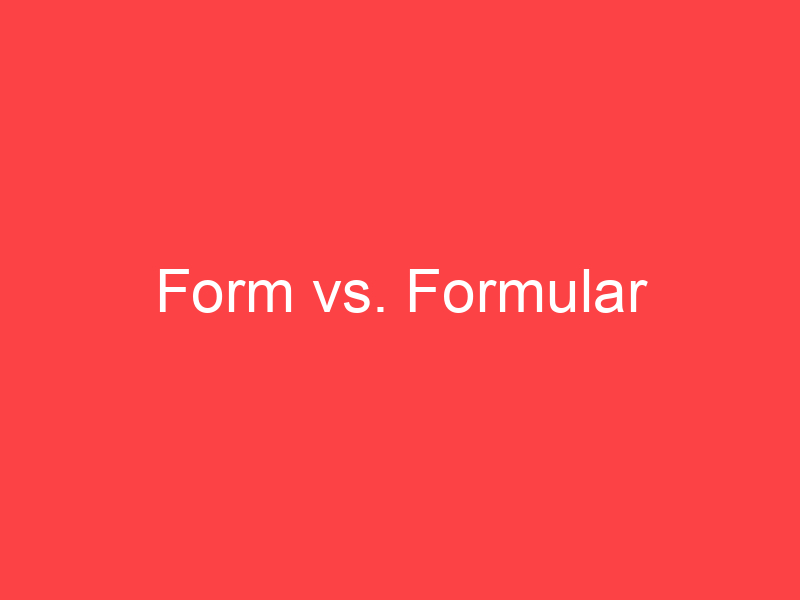-
Form (noun)
To do with shape.
-
Form (noun)
The shape or visible structure of a thing or person.
-
Form (noun)
A thing that gives shape to other things as in a mold.
-
Form (noun)
Characteristics not involving atomic components. en
-
Form (noun)
A long bench with no back.
-
Form (noun)
The boundary line of a material object. In painting, more generally, the human body.
-
Form (noun)
To do with structure or procedure.
-
Form (noun)
The combination of planes included under a general crystallographic symbol. It is not necessarily a closed solid.
-
Form (noun)
An order of doing things, as in religious ritual.
-
Form (noun)
Established method of expression or practice; fixed way of proceeding; conventional or stated scheme; formula.
-
Form (noun)
Constitution; mode of construction, organization, etc.; system.
“a republican form of government”
-
Form (noun)
Show without substance; empty, outside appearance; vain, trivial, or conventional ceremony; conventionality; formality.
“a matter of mere form”
-
Form (noun)
A class or rank in society.
-
Form (noun)
A criminal record; loosely, past history (in a given area).
-
Form (noun)
A blank document or template to be filled in by the user.
“To apply for the position, complete the application form.”
-
Form (noun)
Level of performance.
“The team’s form has been poor this year.”
“The orchestra was on top form this evening.”
-
Form (noun)
A grouping of words which maintain grammatical context in different usages; the particular shape or structure of a word or part of speech.
“participial forms;”
“verb forms”
-
Form (noun)
The den or home of a hare.
-
Form (noun)
A window or dialogue box.
-
Form (noun)
Essentials
-
Form (noun)
An infraspecific rank.
-
Form (noun)
The type or other matter from which an impression is to be taken, arranged and secured in a chase.
-
Form (noun)
A quantic.
-
Form (noun)
A specific way of performing a movement.
-
Form (verb)
To assume (a certain shape or visible structure).
“When you kids form a straight line I’ll hand out the lollies.”
-
Form (verb)
To give (a shape or visible structure) to a thing or person.
“Roll out the dough to form a thin sheet.”
-
Form (verb)
To take shape.
“When icicles start to form on the eaves you know the roads will be icy.”
-
Form (verb)
To put together or bring into being; assemble.
“The socialists did not have enough MPs to form a government.”
“Paul McCartney and John Lennon formed The Beatles in Liverpool in 1960.”
-
Form (verb)
To create (a word) by inflection or derivation.
“By adding “-ness”, you can form a noun from an adjective.”
-
Form (verb)
To constitute, to compose, to make up.
“Teenagers form the bulk of extreme traffic offenders.”
-
Form (verb)
To mould or model by instruction or discipline.
“Singing in a choir helps to form a child’s sociality.”
-
Form (verb)
To provide (a hare) with a form.
-
Form (verb)
To treat (plates) to prepare them for introduction into a storage battery, causing one plate to be composed more or less of spongy lead, and the other of lead peroxide. This was formerly done by repeated slow alternations of the charging current, but later the plates or grids were coated or filled, one with a paste of red lead and the other with litharge, introduced into the cell, and formed by a direct charging current.
-
Formular (adjective)
following or relating to a formula; formulaic
Formular Illustrations


